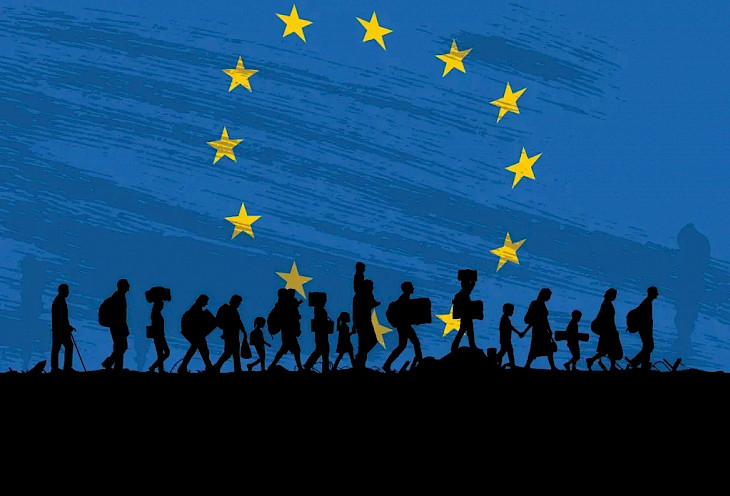Over the past three years, more than 113,000 labor migrants have returned to Kyrgyzstan from Russia, according to the Ministry of Labor, Social Protection, and Migration of Kyrgyzstan, reports Akchabar.kg. However, most of them do not stay home for long—instead, they are targeting Europe and other countries.
Why are they returning?
From 2022 to 2024, more than 128,000 Kyrgyz citizens working abroad returned to the country. Of these, 88% came back from Russia. The main reasons include the expiration of labor contracts, documentation issues, the search for new work destinations, and family circumstances.
Europe instead of Russia
Most of the returning migrants do not plan to remain in Kyrgyzstan. Instead, they are exploring new opportunities abroad—in the United Kingdom, Germany, Poland, Slovakia, Italy, Turkey, the UAE, and South Korea. In 2024 alone, the Center for Employment of Citizens Abroad helped more than 20,000 Kyrgyz nationals find jobs in other countries. In addition, there are more than 50 private companies assisting with overseas employment. These jobs are most commonly in the hospitality sector, agriculture, and factory work.
Who stays?
Some citizens still choose to stay and work within the country. Given the construction boom in Kyrgyzstan in recent years, the chances of finding a job in the construction sector are high. Sometimes, employers even hire foreign workers from India and Bangladesh, which indicates a demand for labor. Moreover, representatives of the garment industry have repeatedly stated that they lack workers—and they, too, have hired foreign staff.
According to official data, more than 1,500 people found jobs in Kyrgyzstan through employment centers. For them, the Ministry of Labor offers retraining programs, education, and support for launching small businesses.
The “Mekenim 1+1” Program: A Chance to Start Over
In the Batken region, a pilot migrant support program called “Mekenim 1+1” is being implemented with the participation of the International Organization for Migration (IOM). The essence of the project is co-financing business ideas from returning migrants. The principle is 1+1: the migrant invests their savings, and the state or a donor organization matches the amount.
There are already examples: 14 migrants who returned from the UK received grants to start businesses—ranging from sewing workshops to raspberry farming and furniture production. In total, 21 grants have been awarded under the first and second phases of the project, amounting to over 7.7 million soms.
From 2024 to 2026, another 20 migrants will receive support under the 1+1 program, with the total fund for the third phase amounting to 7.3 million soms.
CentralasianLIGHT.org
April 16, 2025

